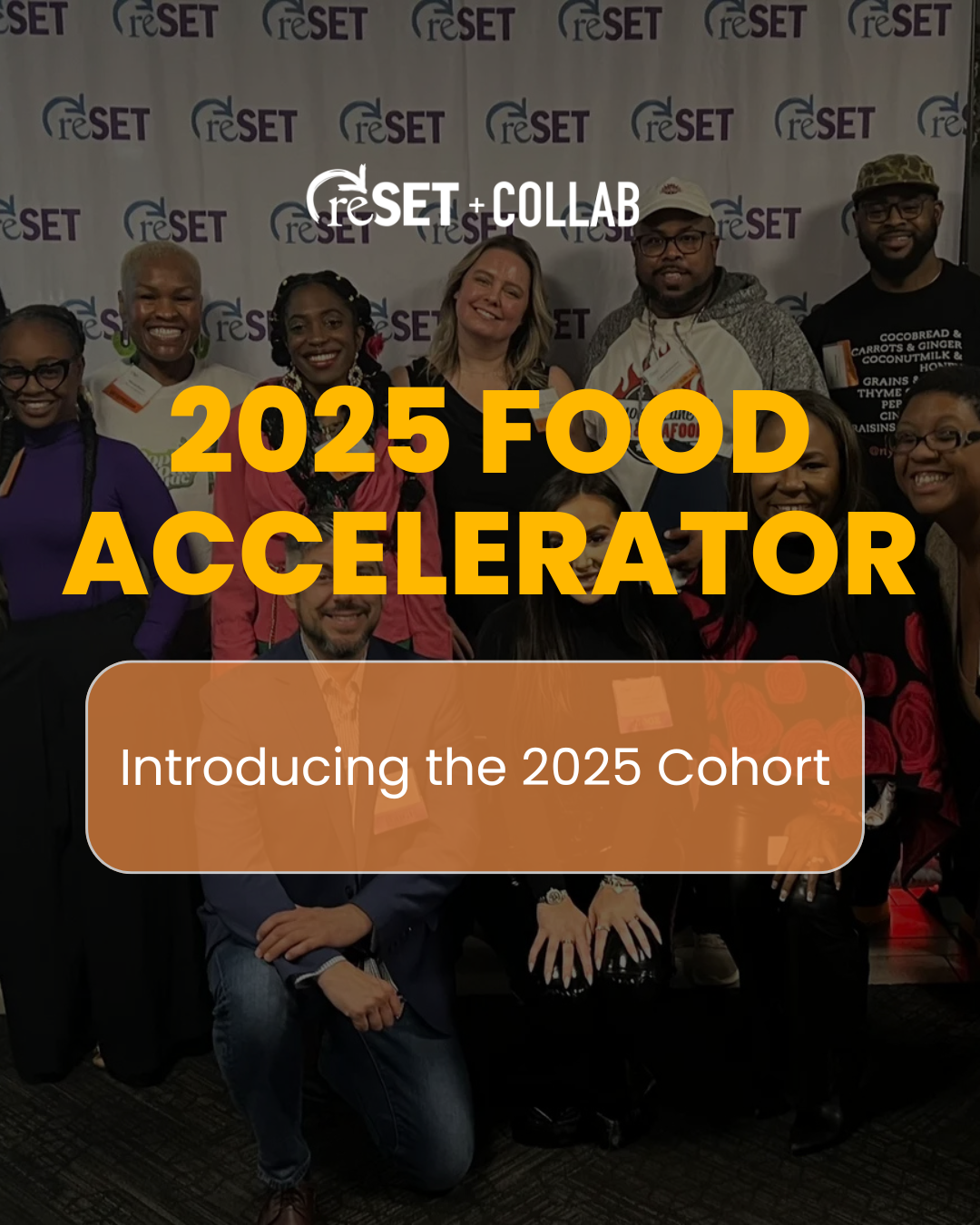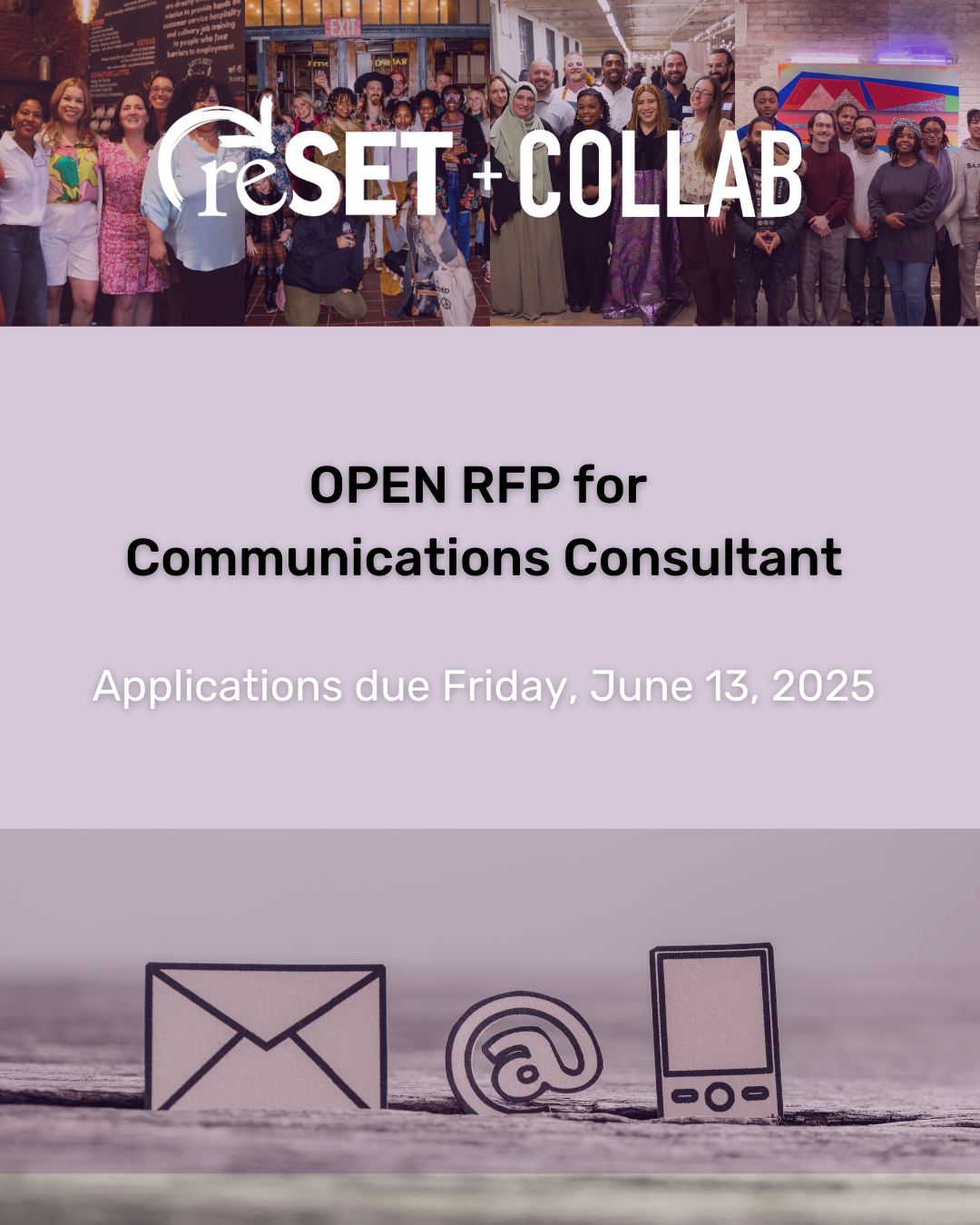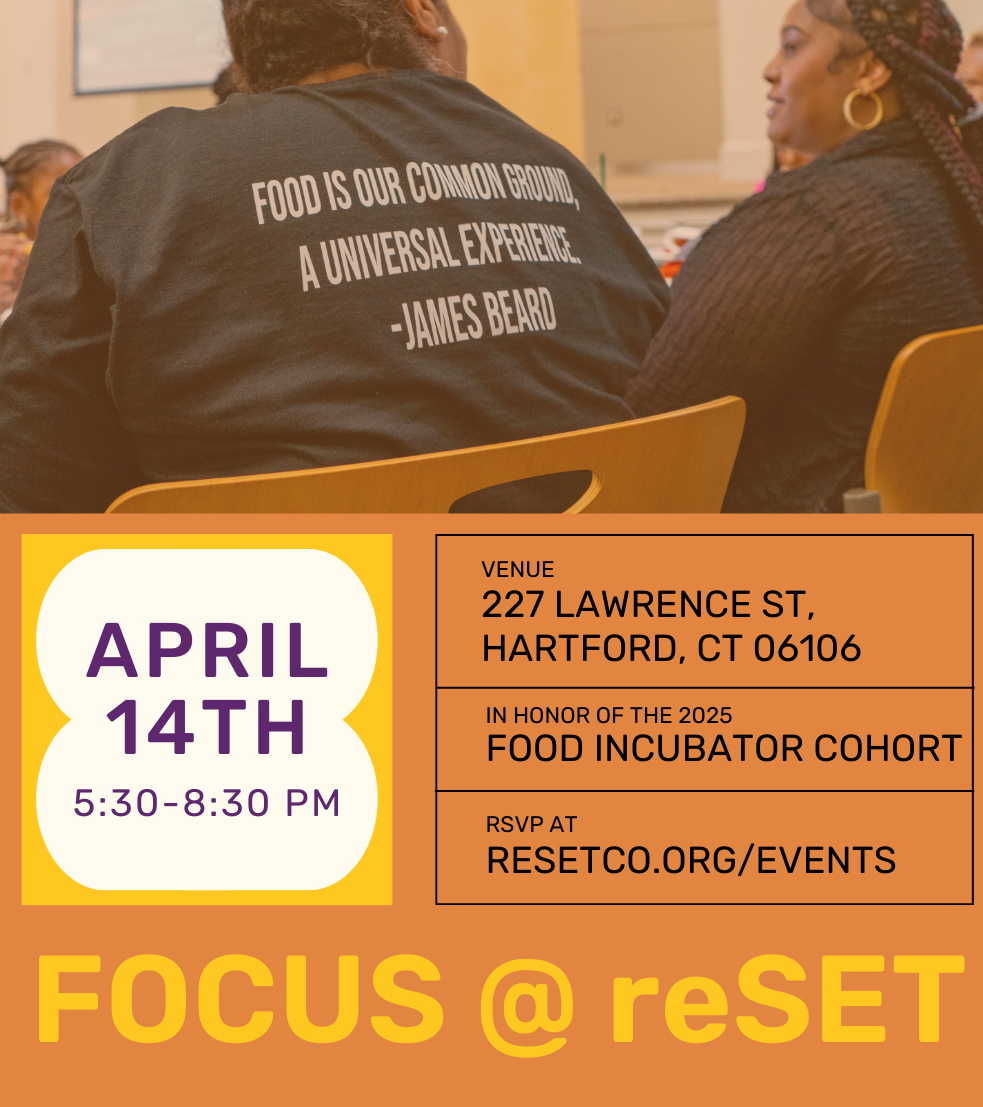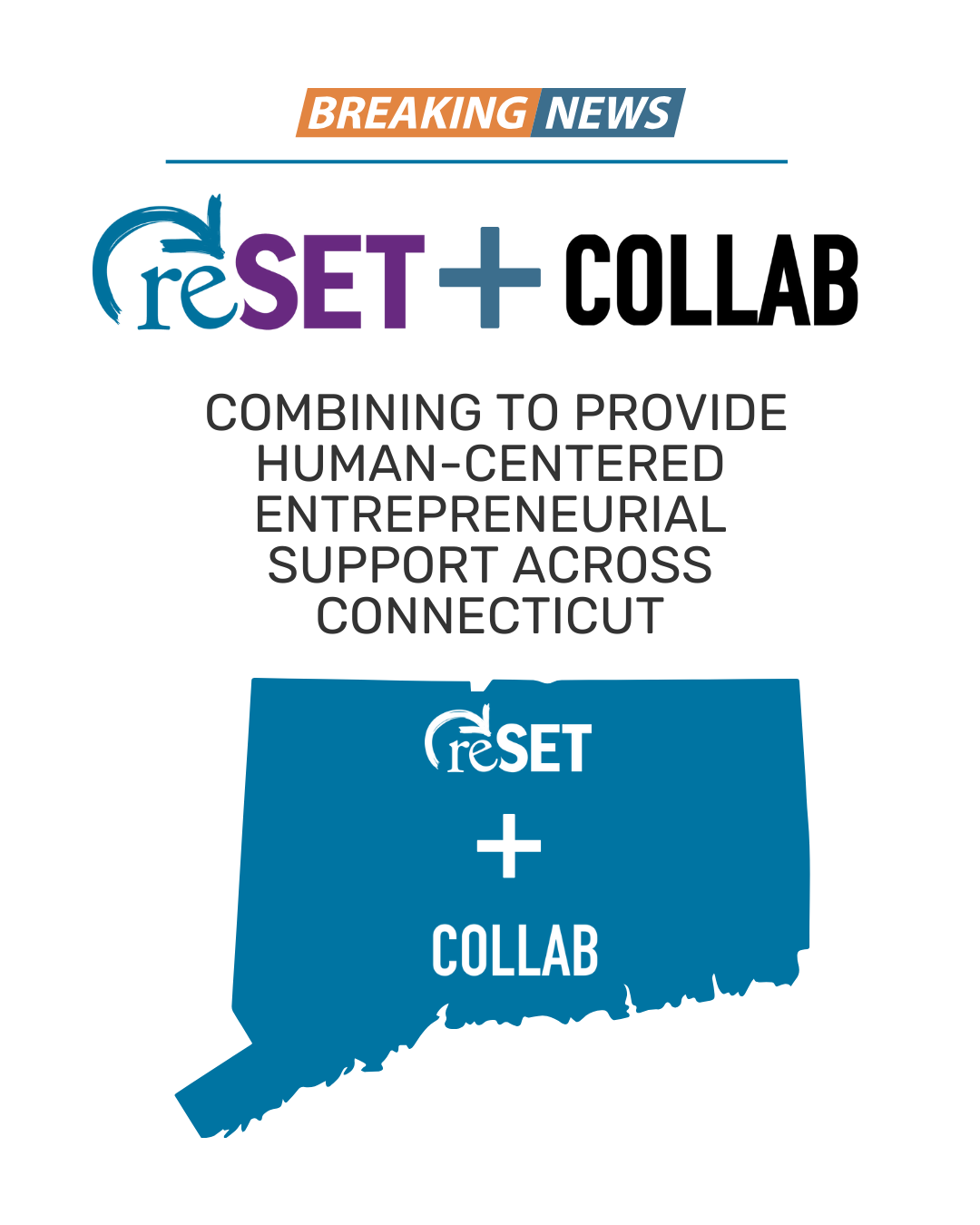reSET is growing. This summer, we proudly added two interns to our team to tackle a series of exciting projects. Brianna Noonan is one of those interns. She’s an upbeat, results driven student from Colgate University and she’s taking on one of the most exciting and challenging concepts in social enterprise: how do we measure social impact? In this post, Brianna shares with us the challenges and excitement of her project, which we know will become a vital piece of reSET’s work and community success.
It has always been my belief that any skill can be used to create a better world. Everything you know can and should be used for good. This belief has led me to explore solutions to the world’s problems from an entrepreneurial perspective. I stumbled upon social entrepreneurship and was immediately intrigued. I felt that the idea of integrating purpose and profit to bring about a wave of social change through existing business structures was both simple and innovative. reSET caught my attention, not only as a leader in this movement, but as a resource for those who wish to follow. I knew if I wanted to learn more about social entrepreneurship in Connecticut, then reSET was where I needed to be.
While the social business sector continues to grow, there is one question that must be addressed, not only by individual companies, but also by the sector as a whole. In any business context, being able to measure success is vital; however, a social enterprise cannot measure its success through profit alone. A social enterprise is built on a combined mission motive and profit motive, which are not necessarily directly correlated. Reporting on the growing profits of a social enterprise might not give an investor insight into the success of the company’s ability to fulfill its mission. Success must be measured through the achievement of individually defined social goals. How then can the success of social enterprises be compared across different sectors? How can there be any credibility in impact reporting without any standards?
These are questions I was tasked with answering when I joined the reSET team as an intern this summer. This was daunting. The problem seemed so complex, each company so different. Could there really be a way to standardize the social enterprise sector and clearly measure the social impact of each business on a comparable set of metrics? I started just as I would any other research project, with Google. I found that the most sophisticated and highly advertised methods of measuring social impact are designed for larger, more developed organizations looking to manage portfolios or complete in-house evaluations for the purpose of reporting on their social impact. So, how does the start-up social enterprise talk about their social impact in a meaningful way? These elaborate methods of valuing impact didn’t seem to fit our purpose.
Next, I began researching smaller start-up enterprises, particularly those that had recently gone through incubator programs like Echoing Green, Propeller, Portland State University Social Innovation, and Unreasonable Institute. Many of the recent graduates of these programs were not using any highly developed software or published method, but rather were reporting on a few data points and qualitatively explaining the areas of impact. The more sophisticated companies seemed to be onto something by placing a stamp at the bottom of their impact pages that indicated their status as a certified Benefit Corporation. Not only did this stamp give them credibility as a registered B Corporation, but it was a link to their B Corporation page and their B Impact Report. Read more about B Corps here.
Here’s where my project comes in. I am currently working on a guiding worksheet and diagram that can be used by new social entrepreneurs to connect the dots between their social issue and their impact. This worksheet will emphasize the idea that one must have an in depth understanding of the problem in order to understand how they should measure their impact and/or decide upon a business model. Social entrepreneurs need to know the problems they hope to solve, so they can innovate, motivate, and build solutions.
I have immensely enjoyed working on this project as I am learning about social entrepreneurship through research and reSET. I’m eager to continue my learning about social impact metrics, but I’m even more excited to support CT social entrepreneurs in measuring social value.








